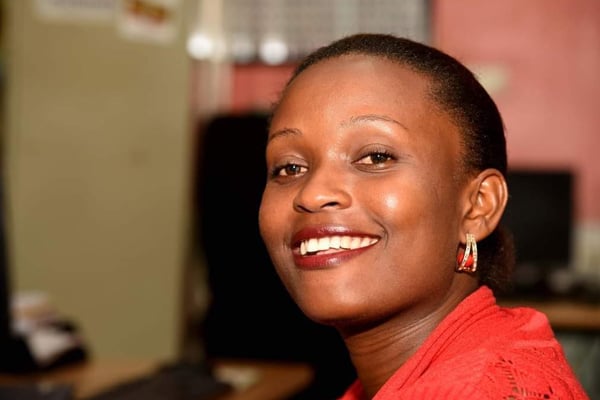Prime
Why has Uganda become more authoritarian?

Moses Khisa
What you need to know:
Policy proposals. Museveni did not make outstanding policy proposals to be ‘elected’ in 2011 or 2016 or 2006. No. His source of power is not the ballot.
This is the question before us at a round-table at the end of this year’s annual meeting of the African Studies Association (ASA) here in Boston, USA. There is wider consensus, not just at this roundtable, that Uganda took a turn for the worst in its politics in the recent past. Episodes of State-instigated brutality and the blatant violation of basic freedoms are too numerous as to merit the conclusion of a more authoritarian system currently presided over by Mr Museveni.
One panellist at this round-table insists on apportioning blame to the Opposition. He argues that the Opposition lacks a clear and compelling alternative vision for a post-Museveni Uganda. That neither Dr Kizza Besigye, not Mugisha Muntu nor the new kid, Bobi Wine, have laid down a persuasive plan of how to manage the country once Museveni is out of the picture. This is a valid point, and it is seldom new. But it is scarcely the reason why Museveni clings onto power and has become more authoritarian.
A lot has been made about Bobi Wine, yet many Ugandans remain sceptical and unsure of why he is heralded as the best candidate to defeat Museveni. Even more importantly, what makes him best placed to lead the healing of a nation facing enormous problems?
Sceptics have a point in asking whether Bobi Wine has the credentials and the competencies to articulate an alternative vision for the country. So far, he has not.
While many are keen on making sense of the Bobi Wine phenomenon, the speed of his being marketed to and by the international media, is simply bewildering. In the past one-year, several international media houses have reached me for a comment, and the first question always is: “Do you think Bobi Wine is the person to take on Museveni?” Never has a Ugandan political figure attracted so much international media interest. Why?
On the ground in Uganda, it is not apparent that Bobi Wine indeed has the ecumenical appeal and the organic presence among the people to lay any claim to having the foundation to go head-to-head with Museveni.
That said, the focus on Opposition weaknesses masks the crux of Ugandan politics today. The NRM and Museveni do not ‘win’ elections because of superior policy positions. Museveni did not make outstanding policy proposals to be ‘elected’ in 2011 or 2016 or 2006. No. His source of power is not the ballot.
Would the Opposition fair differently if they had a superior set of policies to sell to the public? I highly doubt it. For as long as Museveni has firm control over the Treasury, is in full command of the State’s coercive arsenal, and makes appointments to all the important offices and institutions, including the Electoral Commission, it necessarily follows that it is him, who de facto determines election outcomes in which he is candidate.
A compelling case was made that in fact Museveni lost (or at best did not win) the 2006 election. Renegade General David Sejjusa has said this openly and emphatically. Word had it that initially, the Supreme Court judges were nearly unanimous in resolving to annul the 2006 presidential election, only for two members on the Bench to change their vote at the last minute allegedly under external pressure.
Retired Justice George Kanyeihamba, one of the judges who heard the petition, has written about this in his memoirs.
The 2006 elections were the most violent and the most brazen, coming on the heels of a manipulative process to remove presidential term limits from the Constitution. Yet the Supreme Court was supine and could not overturn the election outcome. This was a major turning point in the country’s political development.
Museveni’s drift to blunt authoritarianism and the weaknesses (as well as fragmentation of the Opposition) are consequences of a mosaic of forces, the most important being the propagation of militarism – resorting to military force as the ultimate source of power.
Museveni has become more authoritarian and subverted the cause of democracy not because the Opposition is weak. Rather, we have to construe regime longevity and Opposition weakness as two sides of the same coin. Ugandan politics has reached the point where articulating a superior vision and a set of policy alternatives does not give you victory at the polls. Thus, it is a trifle unfair to expect the Opposition to make compelling policy proposals when elections are not fought on policy grounds.
In fact, the candidates that have been strong on policy are the ones that tend to lag behind in terms of popular appeal. The structure of Ugandan politics as has evolved under Museveni’s rule is built around contestations that have little to do with ideas and policy alternatives. It’s now a contest over defeating versus defending Museveni.
Dr Khisa is assistant professor at North Carolina State University (USA).
[email protected]




